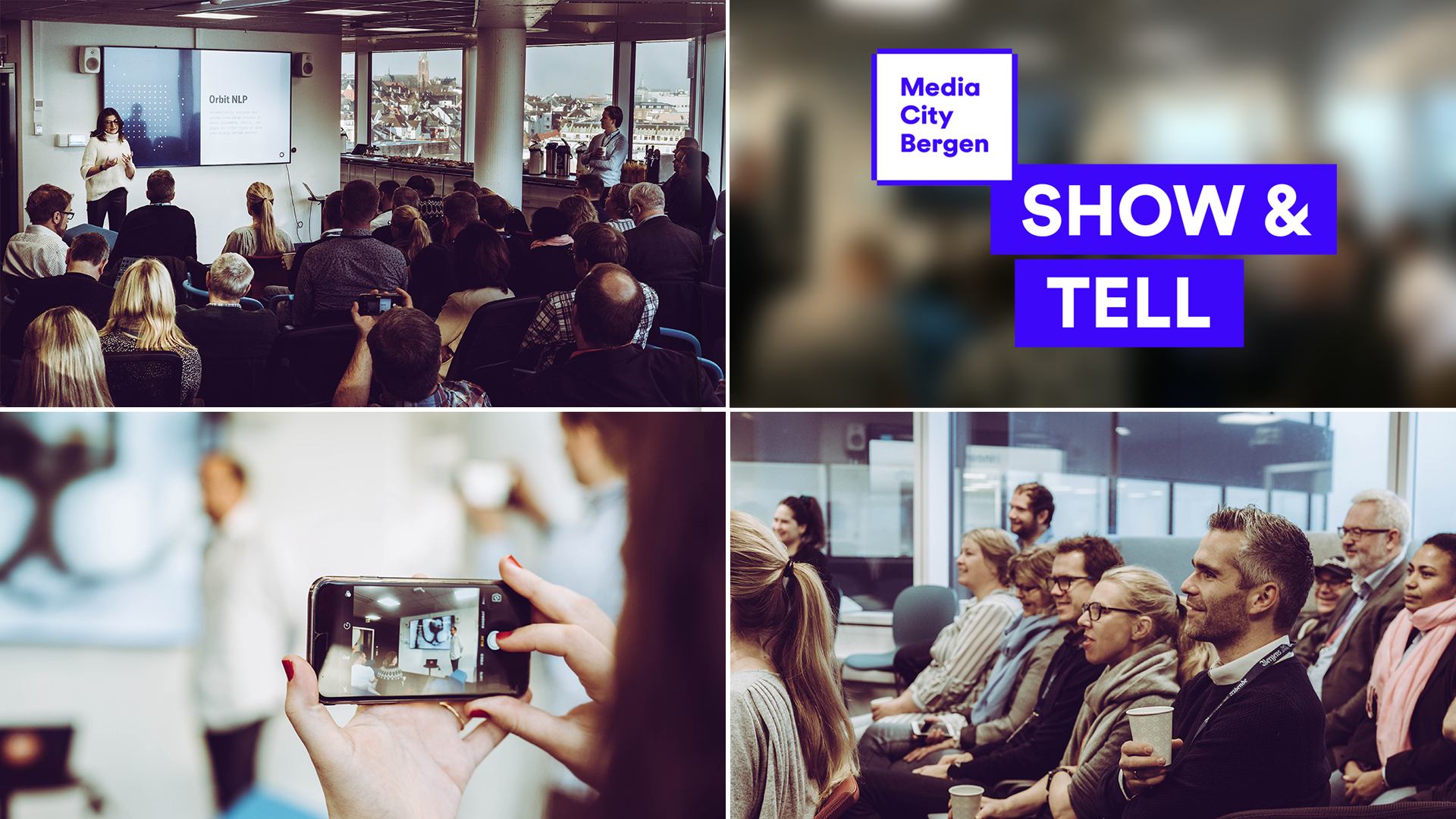– How can we use technology to improve the everyday lives of dementia-patients and their families, and how can we develop a cost-effective, non-drug solution to prolong the effects of hospital-treatment for these patients? That was the challenge we were given, explains Erlend Hausken, co-founder of Soundio.
Every three seconds, a new person somewhere in the world is diagnosed with Dementia. In Norway, there are currently 70.000 people living with this illness. Soundio, with their track-record of developing interactive music applications for the consumer market, was contacted by NKS Olaviken hospital to help find alternative solutions to these challenges.
– When dementia patients leave the hospital, they have typically gone through an eight-week treatment-course, and are in peak condition. From there, unfortunately, it goes downhill. They are on their own. We want to help out in this critical phase, to prolong the effects of treatment. To increase the number of good days for the patients, and the people closest to them.
Content that triggers memories
Soundio has built an application where therapists are empowered to create content that trigger patients' memories.
– We call it digital music therapy sessions, says Hausken. He elaborates:
– By enabling music therapists to build and tailor digital music therapy sessions to individual patients or to groups of patients, we strengthen the therapist's role. Instead of having technology replacing human interaction and relationships, we increase the therapist’s reach and impact. By using smart algorithms and feedback loops, both technology and therapists are learning. This means that our system can lead to even better and more frequent therapy sessions for patients.
Soundio's solution is now being tested in the hospital, and the first results show that a solution doesn’t have to be expensive to have a major impact.
– Hospital-staffers had to leave the room during a product test, because it was just impossible to stop crying when seeing the patient's reaction, says Hausken.
 Hausken will present Soundio's project at Show and Tell in the Media Lab on April 17. Get your tickets here!
Hausken will present Soundio's project at Show and Tell in the Media Lab on April 17. Get your tickets here!
Research-based prototyping
Hausken and his team built the first version of their iPad-application based on extensive research.
– During the initial stages of this project, we spent a lot of time observing music-therapy sessions in action, both group and individual sessions. We also did interviews with music-therapists, patients, and the families of dementia-sufferers. At this stage, the number of patients we have tested on is small, so more research is needed, for better data.
– That being said - it has been highly rewarding to see how patients are impacted by our prototype, and we are keen to test our application on patients with other diagnoses, such as drug-addiction, and autism in children, he says.
Soundio will give a talk on this project at the upcoming Show & Tell in the Media Lab on April 17, together with Nurofy and Brik. Get your tickets here!
Text: Hilde Gudvangen
